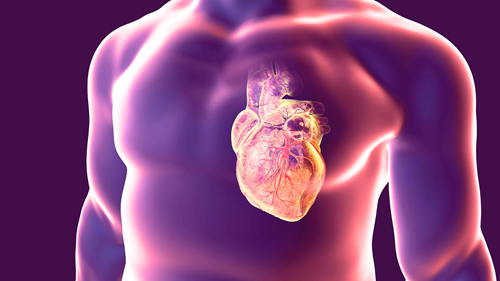Heart Rhythm Disorders

The heart is a muscular organ that pumps oxygen-enriched blood to all of the body’s organs at a high rate – about 100,000 beats per day.
Each beat is a complex process in which the heart muscle contracts, the valves open and close at set times, and the blood is ejected under precise pressure through the aorta. This happens about 4,000 times an hour.
The heart's electrical system conducts this complex orchestra.
Arrhythmias
The series of problems in the heart's electrical conduction system are called arrhythmias. These abnormalities may cause a person’s pulse to be too fast, too slow, distorted, or irregular. Arrhythmias range in risk levels, and some can be fatal.
Patients with a history of heart disease (heart attack, coronary artery disease, heart valve disease, etc.) or certain genetic diseases are at increased risk of developing arrhythmias.
Atrial Fibrillation
Atrial fibrillation (AF or A-Fib) is a common, non-life-threatening arrhythmia characterized by a very fast and irregular rhythm.
Ventricular tachycardia: A fast abnormal heart rate
Ventricular tachycardia is caused by abnormal electrical signals in the lower chambers of the heart, which cause the heart to beat quickly – over 100 beats per minute.
These irregular heartbeats prevent the heart chambers from properly filling with blood. This limits the amount of blood that is pumped to the body.
Treatment options include medication, cardiac ablation (a procedure to destroy or scar the heart tissue that is causing incorrect electrical signals), or an implantable cardioverter-defibrillator (ICD).

